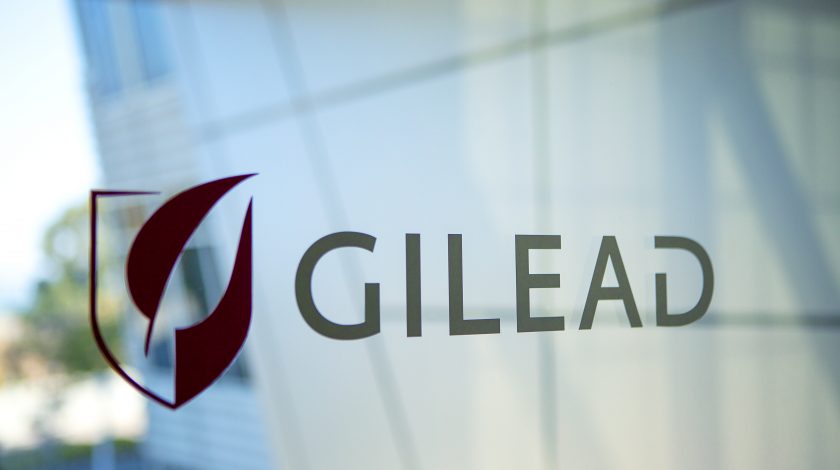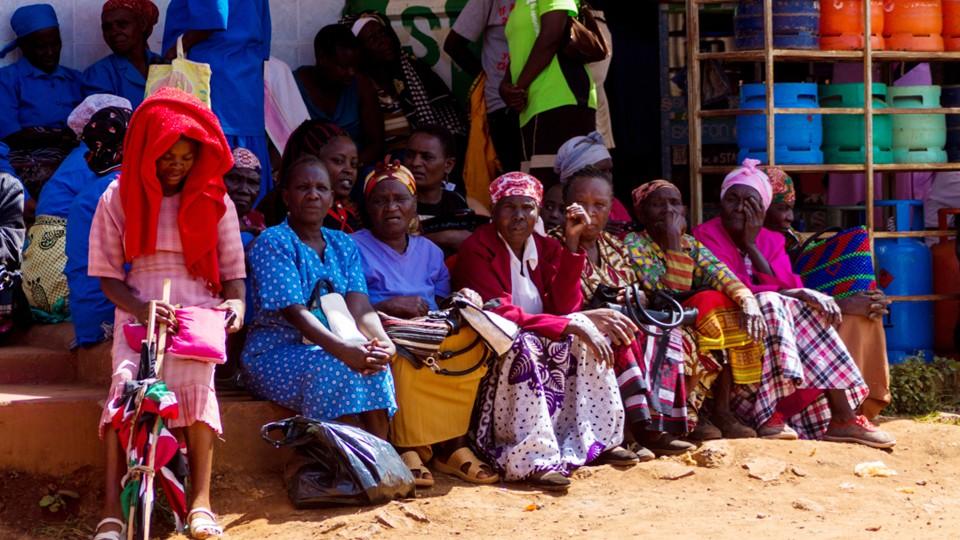The data are in – so will Gilead's Trodelvy achieve its potential?

The results of Gilead's much-anticipated TROPiCS-02 study of Trodelvy are in, and while the company says top-line data are positive, its guarded stance has rung some alarm bells.
In the study, Trodelvy (sacituzumab govitecan) met its objective of reducing progression-free survival in patients with HR-positive, HER2-negative metastatic breast cancer who received multiple lines of prior treatment – including endocrine drugs, CDK4/6 inhibitors and two to four lines of chemotherapy.
That hard-to-treat population is a key part of Gilead's plans of extending use of TROP2-targeting Trodelvy beyond its currently-approved indication of triple-negative breast cancer (TNBC) and bladder cancer, and justify the $21 billion the company paid to buy Immunomedics, which originally developed the drug.
With little detail to be had, reactions to the PFS result was muted and the company's share price fell as investors tried to work out the implications for Trodelvy's prospects.
The company didn't conduct a conference call to discuss the findings, but took the unusual step of publishing a frequency asked questions (FAQ) document on the study, headlined with a non-committal statement about whether the data were "clinically meaningful."
It said: "There is a broad range of views on what is 'clinically meaningful' in this population. We are evaluating the data and will explore potential pathways with regulatory authorities to bring Trodelvy to this group of patients."
TROPiCS-02 is powered to show a 30% reduction in PFS, said Gilead, but it did not give any data on the measure. Meanwhile, Gilead is continuing to follow patients to see if the drug has an impact on overall survival, saying it saw a trend towards an improvement with Trodelvy.
Final OS results won't be in until 2024, although the study does allow for an interim look at the data before then, according to the FAQ.
RBC Capital Markets analyst Brian Abrahams described the results as "mixed", and said they raise questions about the timeline for regulatory approval in these patients – particularly if regulators wait for the OS data – as well as penetration of the market.
He is giving Trodelvy a 40% chance of approval and launch with a third-line label in HR+/HER2- breast cancer in 2024, with $900 million in potential sales from the indication, if TROPiCS-02 is positive at the final readout.
The fear is that lacklustre results could impact Gilead's chances of moving Trodelvy up the treatment pathway into second-line use HR+/HER2- breast cancer, another $1 billion opportunity for the drug, according to Abrahams.
He sees only a 25% chance of success however, and a miss would make it harder for Gilead chief executive Daniel O'Day to meet his target of making one third of revenues from cancer drugs in 2030. The company said it "remains confident in that goal."












